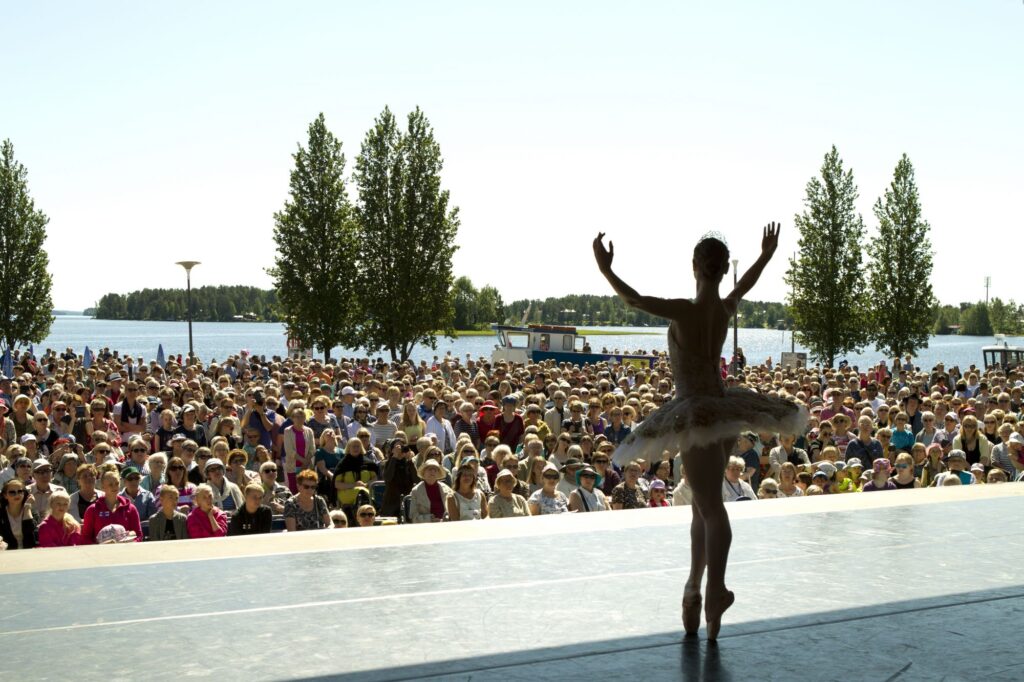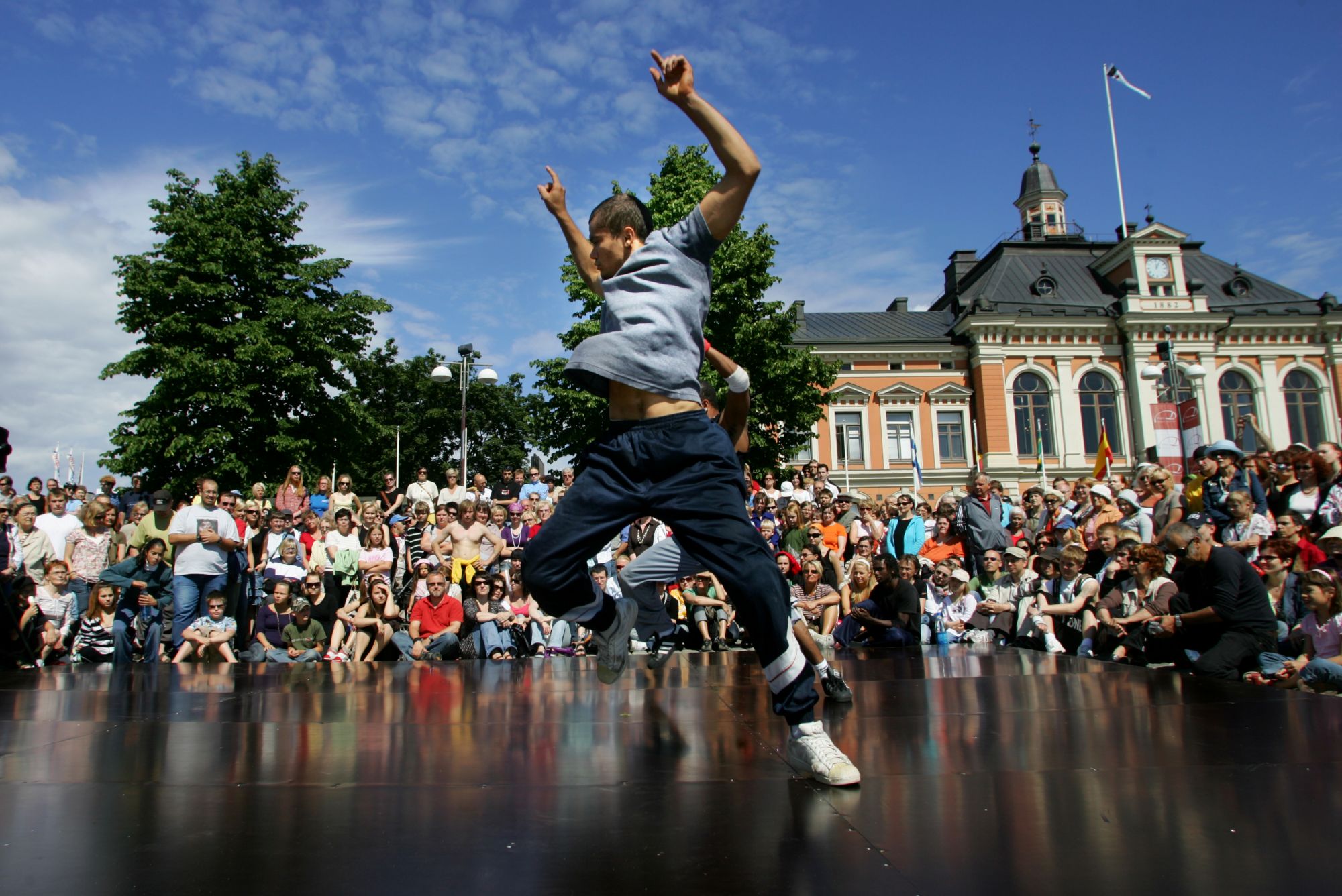Toni Ledentsa sees potential for growth in Kuopio’s cultural life
We interviewed Toni Ledentsa, the curator of Galleria Ars Libera. He only recently returned to Kuopio from Madrid and has followed the cultural life of the city from near and from further away.
How is the cultural life in Kuopio and how could it potentially be?
Kuopio is regionally very notable cultural city, hosting some internationally recognized events like Kuopio Dance Festival and ANTI Festival. In the field of dance, there’s also other fine companies that operate here in Kuopio, such as ITAK and Dance Theater Minimi. Kuopio Art Museum, City Theatre, Music Centre and VB Photographic Centre. In addition, I must obviously mention artists’ association Ars Libera, which I believe is currently on the rise thanks to its gallery and other activities.
Since I moved here during the pandemic in May 2020, I’ve seen a more a restrained version of Kuopio. The cultural activities have been less frequent, so it’s hard to give an in-depth analysis on the general situation.
Anyhow, I do believe that even in a more normal future, there is room for more cultural events and companies in Kuopio. For example, Ars Libera is the only gallery in the city. And there could also be more different festivals in the city. I hope that Ars Libera can enrich the supply on its own part, but we need more resources to be able to do that.
How important are traditional and prestigious events such as Kuopio Dance Festival for the social appreciation of dance and culture?
Very important. The supply creates interest, demand, dance enthusiasts and future professionals. Festivals are also very important for the general well-being of people. It has been shown that culture is a big source attraction for both cities and countries, and thus it’s very useful in general, for example for businesses.
What is the importance of public events and intimacy-based collective experiences for the cultural life of cities?
Public events and collective experiences create sense of togetherness, joy and change of thoughts. This causes people to crave for more similar experiences, which benefits the cultural life of the city by urging event organizers to create more supply.
Some cities are more culturally oriented and vibrant than others. In addition to support funds and population of the area, those differences can be explained by how the encounters of artists and audiences function and develop. It’s an important relationship, fed by togetherness and mutual appreciation.
How could the cultural life of Kuopio be developed through cooperation?
Cooperations are fruitful in many ways and the idea of breaking the boundaries between different art forms has always been of interest to me. In Kuopio, I would be glad to see different cultural operators collaborate, which would likely create new audiences for all parties. It could also generate new ideas between the organizers and the artists, that could lead to new interesting projects and events. Cooperations could also lead to other synergistic effects, such as financial gains.
In connection with the large and attractive events, smaller organizations could create interesting side programmes, that wouldn’t independently attract similar crowds. Smaller organizations could also offer their facilities to smaller, more eccentric events that don’t fit the larger stages as well.
Your work has taken you to Madrid, for instance. What does it take from a young artist to have an international career and how does Kuopio support such pursuits?
Going international requires, first and foremost, lots of courage and sufficient ability. Without any financial backing, or a second job, going international also forces you to be able to live very scarcely. The field of culture is challenging everywhere, but especially outside Nordic Countries, unless you happen to get very lucky. Regardless of the challenges, working abroad can often be very enlightening and inspiring.
I think Kuopio can provide a good basis for international career. The quality of education is very good here and there’s also opportunities for supported work and development. International events give opportunities to build international networks, which is super important. Personal contacts are of major help both in preparing to leave and advancing in your destination.
The City of Kuopio can also support the internalization of artists, for example by creating cooperation opportunities with its sister cities. I’ve heard that cultural exchange has happened through those cooperations and hopefully more in the future.


